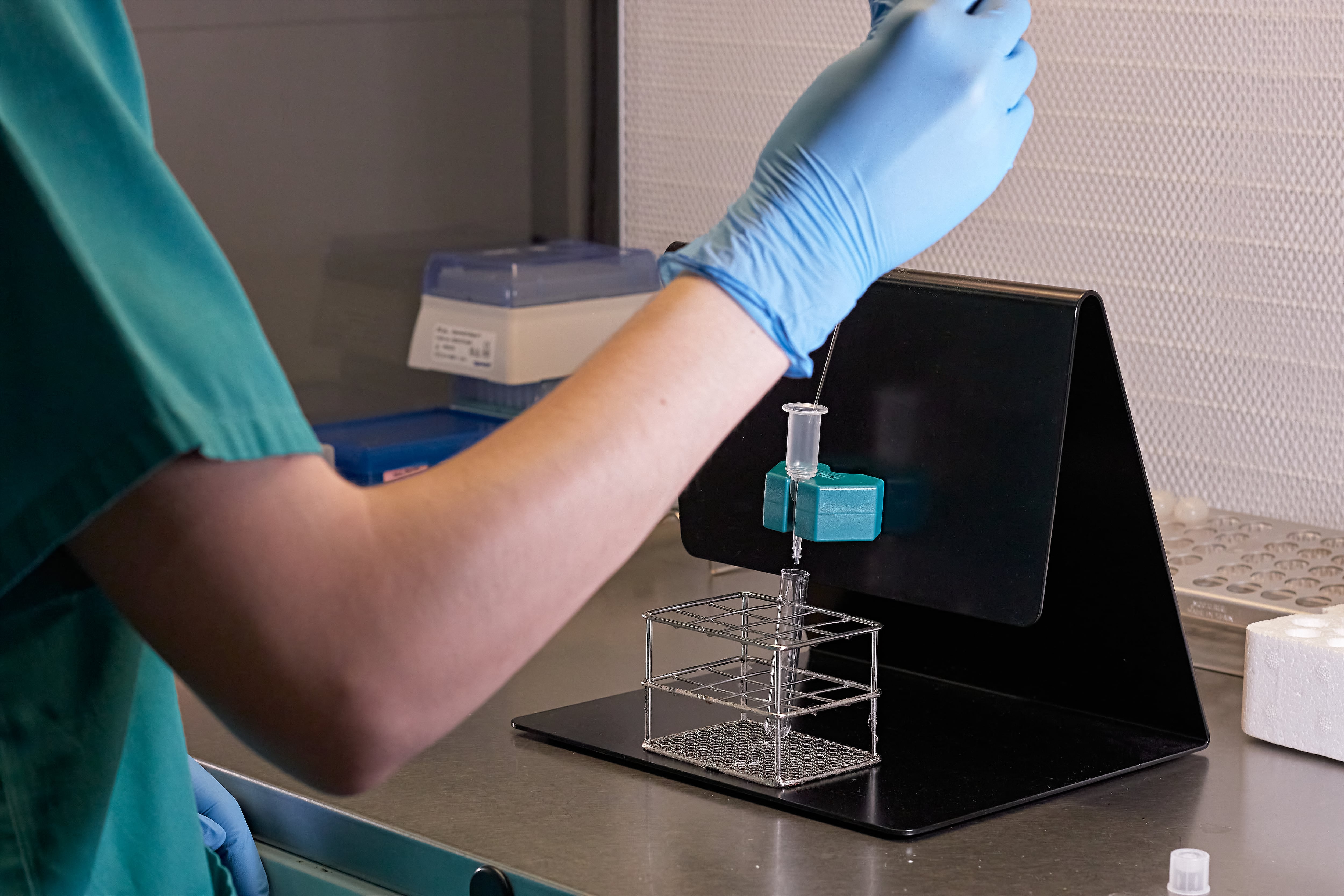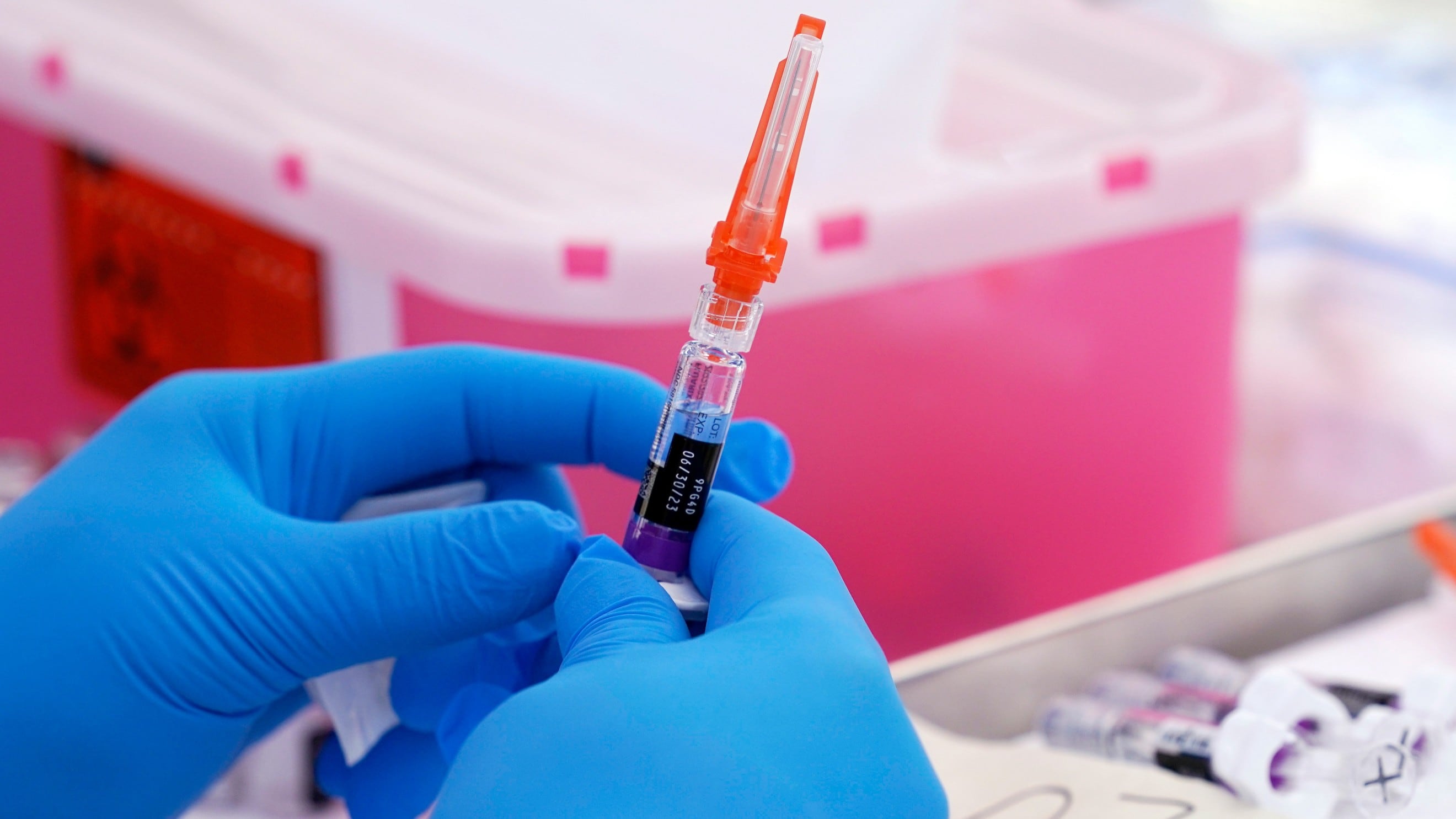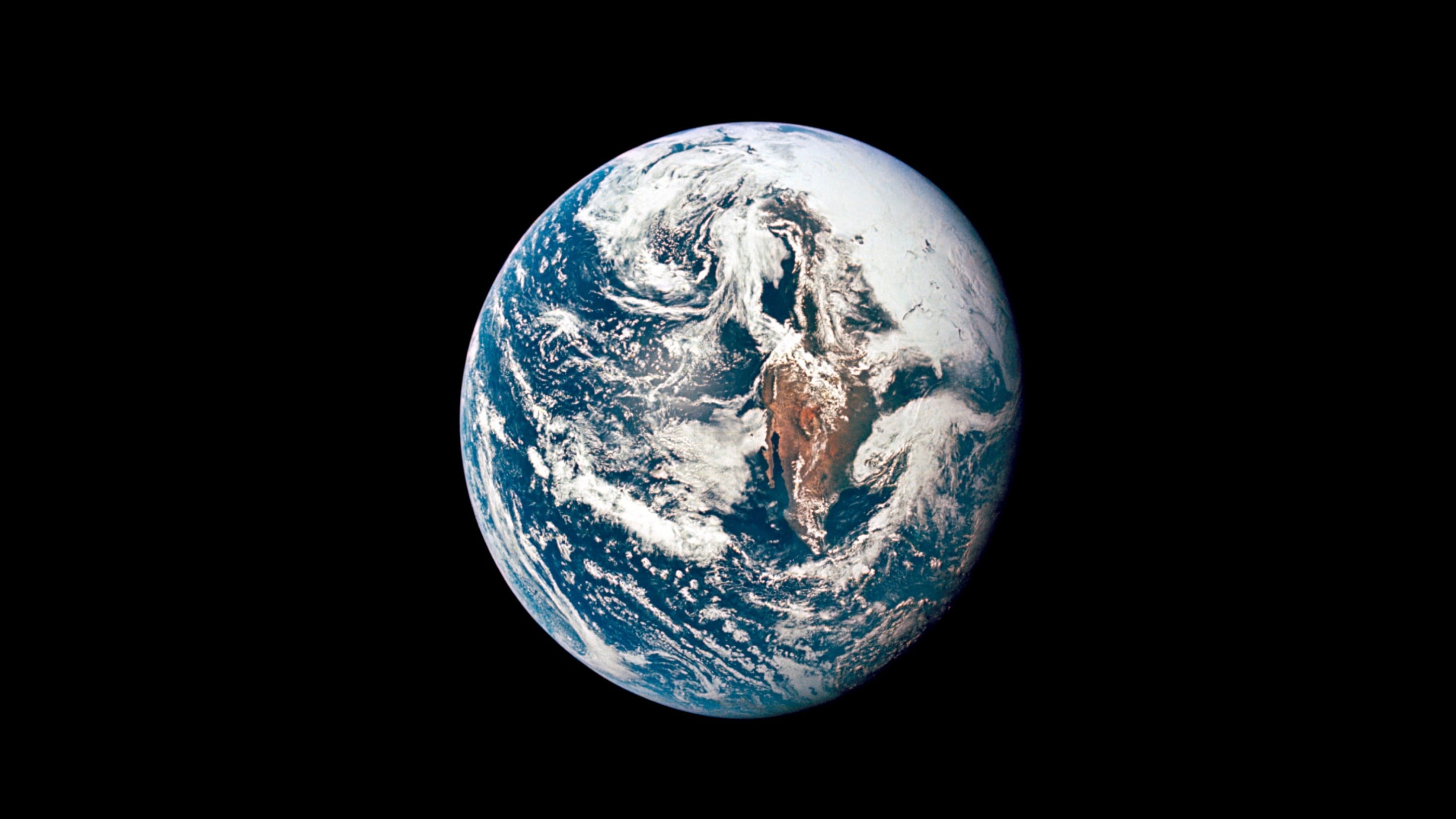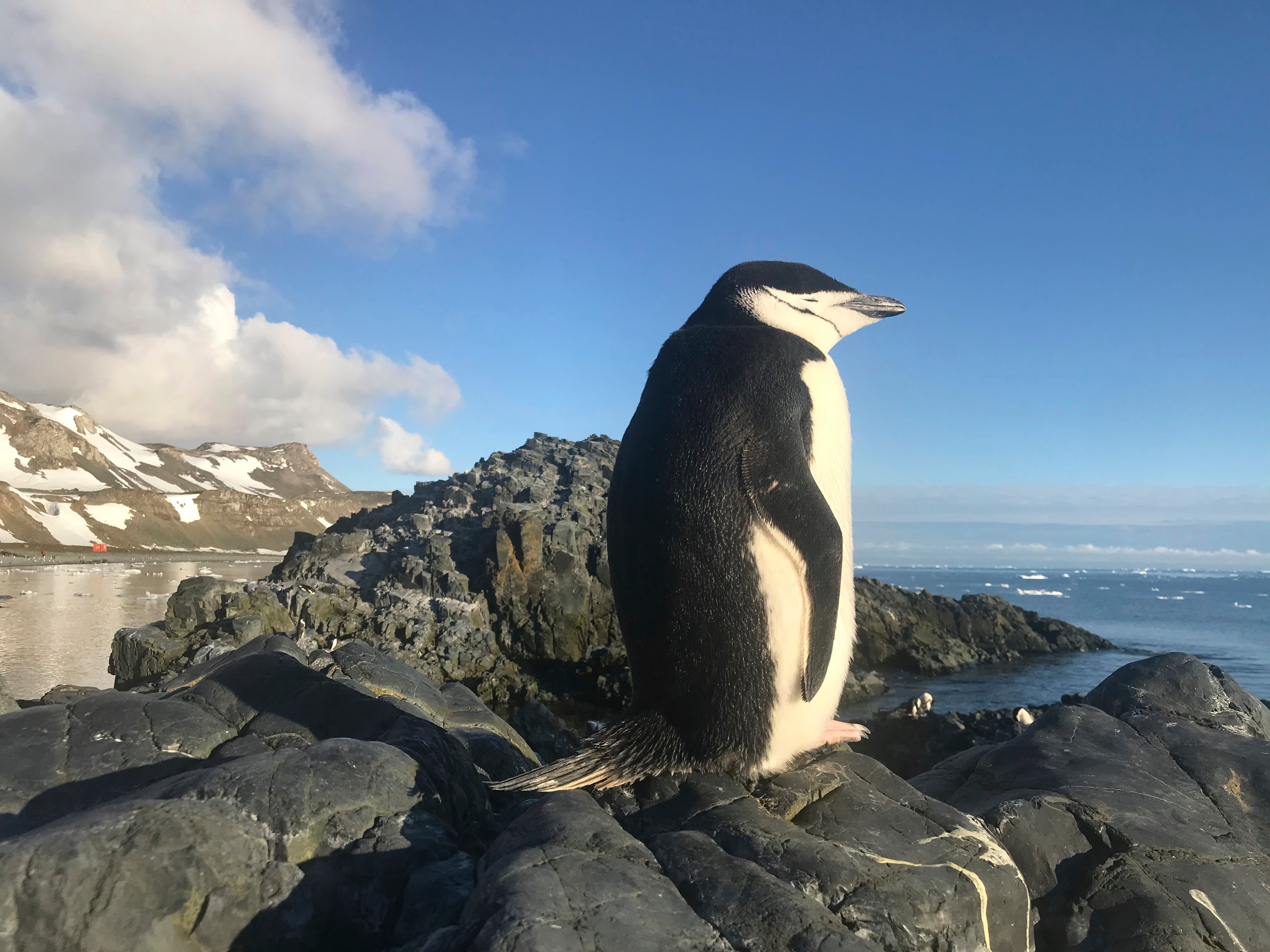A huge iceberg, the size of the UK county of Bedfordshire, has broken off the Brunt Ice Shelf.
The phenomenon is known as calving and comes almost a decade after scientists at the British Antarctic Survey (BAS) first detected the growth of vast cracks in the ice.
The first indication that a calving event was imminent came in November 2020 when a new chasm – named North Rift – headed towards another large chasm near the Stancomb-Wills Glacier Tongue 35 km (21.7 miles) away.
It's the third major crack in the ice shelf that's become active in the last ten years.
During January, the rift pushed northeast at up to 1 km(0.62 miles) per day, cutting through the 150 meters (492 feet) thick floating ice shelf.
The iceberg was formed when the crack widened several hundred meters in a few hours on the morning of 26th February, finally breaking free from the rest of the floating ice shelf.
The calving is not expected to pose a threat to BAS's Halley Research Station which is located on the Brunt ice shelf.
Eli Lilly launched Zepbound, the latest product to join the exploding market for weight loss medications.
A new storage drive is using DNA to store data for 100 and 50 years.
Rescuers searching the hazardous slopes of Indonesia’s Mount Marapi volcano found more bodies among the climbers caught by a surprise eruption two days ago, raising the number of confirmed and presumed dead to 23.
Flu is picking up steam while RSV lung infections that can hit kids and older people hard may be peaking, U.S. health officials said.
The maker of Ozempic is suing two pharmacies in Florida for allegedly selling impure versions of the popular weight loss and diabetes management drugs.
U.S. officials are urging consumers not to eat cantaloupe products including fruit cups due to a salmonella outbreak.
The 2023 United Nations Climate Change Conference known as COP28 kicked off in Dubai and major progress is already being made.
A 360-degree camera was sent into outer space and it collected some remarkable images of Earth.
A new study published in the journal Science observed chin strap penguins in Antarctica and found that they take thousands of small naps a day each lasting only about four seconds.
A new report reveals that Gen Z and millennial women face many serious issues when it comes to their health.













